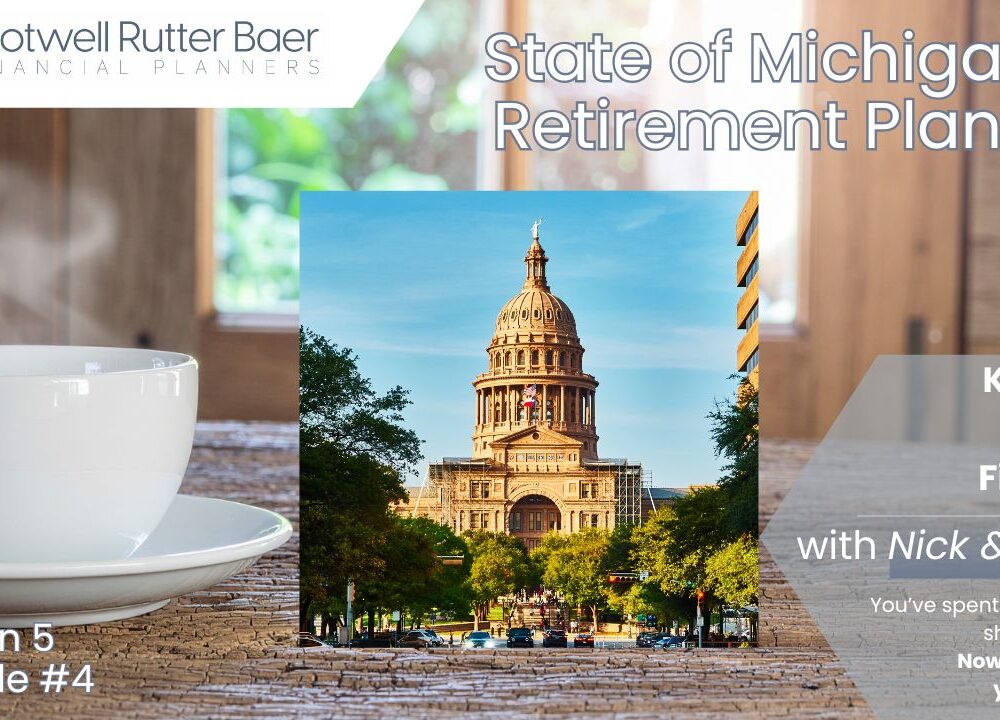Dave’s September 2023 Update

Although they left their interest rate target unchanged at their September meeting, the Federal Open Markets Committee continues to fight inflation, signaling their plan to keep rates higher for longer than anticipated. A historically strong labor market, along with rising oil prices indicate that inflation is still stronger than they would like. Though investors largely anticipated that rates would remain the same for now, this “hawkish” language upset both the stock and bond markets last week as we head toward the end of the third quarter. The expectation now is that there will be one more interest rate increase before this cycle is over.

While this tug-of-war between inflation and interest rates has been the main story of the markets for well over a year now, it’s important to keep perspective and remember that both the market and the economy have exceeded the expectations of all but the most optimistic forecasters this year. Despite the recent pullback, year-to-date gains are still strong, illustrating just how hard it is to predict the market’s reaction to the news as it unfolds.

The bright side of higher interest rates is that cash can again earn a return. We are seeing online high-yield savings accounts with rates between 4% and 5%-, and 12-month certificates of deposit above 5.5%. We’ve all gotten in the habit of ignoring the return on our bank deposits over the last dozen years, so if you hold your contingency funds in bank savings be sure to look and make sure you are earning a decent return. You can shop national online high-yield accounts at www.bankrate.com to get an idea of what is available. Our main requirements for cash holdings are that they be reasonably liquid and safe.
We can offer access to a high-yield, liquid, FDIC-insured savings program through Flourish that is currently yielding 5%. We can also purchase FDIC-insured certificates of deposit inside investment accounts. Nick and I will be bringing these items up in review meetings, but feel free to drop us a line if you want to discuss these topics sooner.

There’s an old cliché that says the only sure things are death and taxes, and another that says change is inevitable. Does that mean that changing taxes is a sure thing and inevitable? This is something that we wrestle with, as future tax policy impacts financial plans, both in need projections and in tactical decisions such as Roth conversions or contributions. My general take has been that, for most retirees, tax rates probably won’t change too much in the near future. An interesting article from the Wall Street Journal last month backs that up. In “Tax Cuts Are Here to Stay,” Richard Rubin explains that regardless of which party wins upcoming elections, tax law isn’t likely to change much. Neither party, when given the opportunity over the last ten years, has shown any inclination to raise taxes on all but the highest earners. While I do not want to debate the politics of whether that is a good thing or a bad thing (Mr. Rubin does point out that the long-term implications of not increasing taxes are continued increasing deficit spending since neither party wants to meaningfully cut expenditures), as a financial planner it is reassuring to see a reasoned argument for stability.

As always, we are available to talk to you more about these concerns, your investments, and your thoughts anytime. Please feel free to contact us at 517-321-4832 or info@srbadvisors.com.
Share post:
